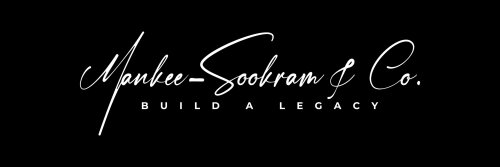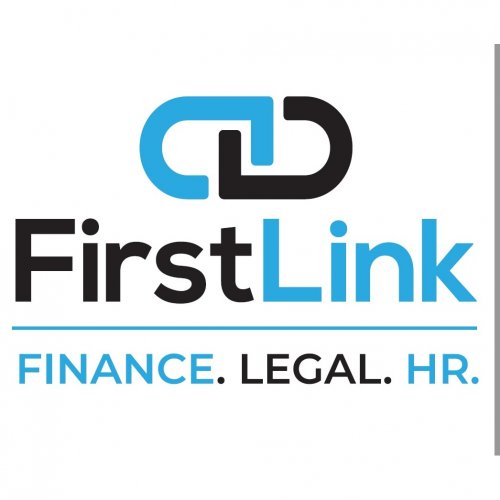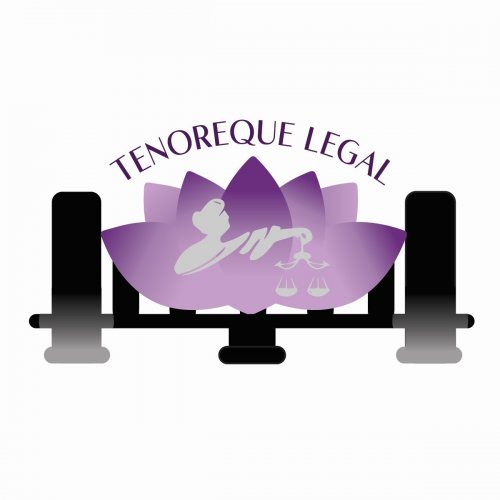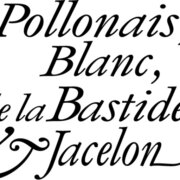Best Sanctions & Export Controls Lawyers in Port of Spain
Share your needs with us, get contacted by law firms.
Free. Takes 2 min.
List of the best lawyers in Port of Spain, Trinidad and Tobago
About Sanctions & Export Controls Law in Port of Spain, Trinidad and Tobago
Sanctions and export controls law governs how goods, technologies, and services are transferred across national borders, particularly where restrictions might exist due to international or domestic policies. In Port of Spain, Trinidad and Tobago, these laws are designed to align with global standards while reflecting the unique commercial and diplomatic landscape of the country. Laws in this area are often enforced to ensure national security, comply with United Nations Security Council Resolutions, and manage relationships with trading partners. Businesses and individuals involved in importing, exporting, or transshipping goods through Trinidad and Tobago must be aware of these regulations to avoid legal violations and penalties.
Why You May Need a Lawyer
Laws relating to sanctions and export controls can be complex, with significant consequences for non-compliance. You may need a lawyer if you are:
- Exporting or importing restricted or sensitive items, such as dual-use goods, arms, or technology.
- Uncertain whether a specific transaction is covered under existing sanctions or export rules.
- A business owner navigating trade with countries or entities subject to international sanctions.
- Facing an investigation from local authorities regarding your trade practices.
- Seeking to appeal a decision or deal with the seizure of shipments at the Port of Port of Spain.
- An individual or company inadvertently involved with a sanctioned party.
- Looking to develop robust internal compliance programs to avoid future legal problems.
Local Laws Overview
Trinidad and Tobago’s sanctions and export controls landscape draws from several pieces of legislation and regulatory frameworks. Some key aspects include:
- The Customs Act, which governs the import and export of goods and lists prohibited and restricted items.
- Implementation of United Nations Security Council Resolutions through national legislation, restricting trade and financial transactions with designated countries or individuals.
- The Strategic Trade Act, focusing on controlling the export, re-export, and transit of strategic items with potential military applications.
- Collaboration with international partners to prevent money laundering and terrorist financing, often tied to export control enforcement.
Frequently Asked Questions
What are sanctions in Trinidad and Tobago?
Sanctions are legal restrictions imposed by the government, often in connection to international obligations, that limit or prohibit certain transactions with specific countries, entities, or individuals.
Who enforces export controls in Port of Spain?
Export controls are enforced primarily by the Customs and Excise Division, with support from agencies such as the Ministry of Trade and Industry and the Financial Intelligence Unit.
What kinds of goods are subject to export controls?
Both military and dual-use items, which can be used for civilian and military purposes, are commonly controlled. This can include chemicals, technology, electronics, and weapons.
Do international sanctions apply in Trinidad and Tobago?
Yes, United Nations Security Council Sanctions are given effect through local legislation, making them legally binding within Trinidad and Tobago.
Am I responsible if a business partner violates sanctions or export controls?
Yes, businesses and individuals can be held liable if they knowingly or unknowingly facilitate transactions with sanctioned parties, making due diligence essential.
What penalties exist for violating export control laws?
Penalties may include hefty fines, imprisonment, forfeiture of goods, suspension of trading licenses, and damage to business reputation.
Do I need a license to export certain goods?
Yes, many strategic, sensitive, or controlled items require explicit licenses from the relevant authorities before they can be exported or re-exported.
How can I check if my goods need an export license?
Consult the Customs and Excise Division or a legal professional, and review the relevant schedules within the Customs Act and Strategic Trade Act for up-to-date information.
Are there specific controls for financial transactions with certain countries?
Yes, financial sanctions prohibit or restrict transactions with listed countries or entities, especially where those relate to terrorism, proliferation financing, or other designated threats.
How can a lawyer help with sanctions and export control compliance?
A lawyer can assess your business practices, provide clear guidance, assist during investigations, help secure licenses, draft compliance programs, and represent you if disputes arise.
Additional Resources
For further information, guidance, or assistance regarding sanctions and export controls in Port of Spain, consider consulting:
- The Ministry of Trade and Industry - Responsible for oversight and policy on trade and commerce.
- The Customs and Excise Division - Main authority for import and export licensing, permits, and enforcement.
- The Financial Intelligence Unit - Focuses on combatting money laundering and terrorist financing.
- The Trinidad and Tobago Chamber of Industry and Commerce - Offers resources and seminars on compliance for businesses.
- The Strategic Trade Secretariat - Handles inquiries about the export and import of strategic goods.
- Qualified local legal practitioners with expertise in trade law, sanctions, and export controls.
Next Steps
If you believe you require legal help with sanctions and export controls in Port of Spain, start by gathering all relevant documents related to your exports, imports, or transactions. Contact a reputable local lawyer who specializes in trade or international law. Clearly explain your situation and provide as much information as possible. Your lawyer can then evaluate your risks, help you achieve compliance, and represent you if you face investigations or penalties. Staying proactive and seeking professional guidance early can save you time, money, and potential legal trouble in the long run.
Lawzana helps you find the best lawyers and law firms in Port of Spain through a curated and pre-screened list of qualified legal professionals. Our platform offers rankings and detailed profiles of attorneys and law firms, allowing you to compare based on practice areas, including Sanctions & Export Controls, experience, and client feedback.
Each profile includes a description of the firm's areas of practice, client reviews, team members and partners, year of establishment, spoken languages, office locations, contact information, social media presence, and any published articles or resources. Most firms on our platform speak English and are experienced in both local and international legal matters.
Get a quote from top-rated law firms in Port of Spain, Trinidad and Tobago — quickly, securely, and without unnecessary hassle.
Disclaimer:
The information provided on this page is for general informational purposes only and does not constitute legal advice. While we strive to ensure the accuracy and relevance of the content, legal information may change over time, and interpretations of the law can vary. You should always consult with a qualified legal professional for advice specific to your situation.
We disclaim all liability for actions taken or not taken based on the content of this page. If you believe any information is incorrect or outdated, please contact us, and we will review and update it where appropriate.













